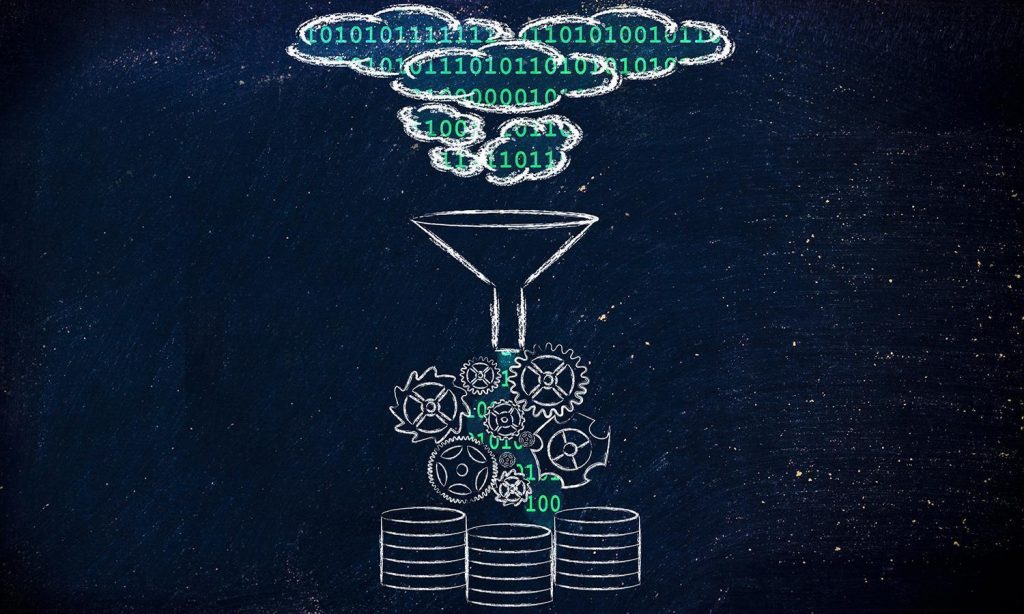Long before capitalism and big corporations ruled the world, we used to survive using different tactics: sharing. Bartering, sharing skills, and helping one another in order to feed ourselves and keep sheltered was simply a necessity. These days, were starting to shift back to those roots with the sharing economya concept that would not be possible in modern times without the help of big datas ability to bring us together. Whether you know it or not, youre probably participating in the new trend of the sharing economybut what is it, exactly, and how does big data make this new (old) way of life possible?
What is the Sharing Economy?
Essentially, the sharing economy is the concept of crowdsourcing goods and services from others. This is usually done off of an online or mobile platform that fields requests and provides matchmaking services to facilitate sharing. This might mean calling a ride from someone with a car and a few extra hours to spare, buying a meal your neighbor cooked, or renting out someones apartment when youre visiting a new city. You can even start a business by leveraging peer-to-peer lendinga process that bypasses banks and allows individuals to invest in a business via an online platform. The most famous companies involved in the sharing economy at the moment are transportation and lodging giants like Uber, Lyft, and Airbnb, but theyre far from the only players in a very big field.
Big Datas Role
Nearly all of the platforms used to connect people in the sharing economy are hosted online. Using the data they receive from their users (such as name, location data, and preferences), a giant database is accessed to filter results that will be relevant to the user. The team at the corporate offices can monitor a massive team of service providers using data they collect from users (ratings, reviews, and more), and provide customer service for both customers and those providing the services. By remotely managing everything, they keep the overhead low and take a cut of whatever profits their service rakes in. Automation and big data takes care of the heavy lifting, and the companys employees can focus on troubleshooting and other tasks that require the human touch.
Without big data, these platforms simply would not existthey rely on the manipulation of data and algorithms to match customers and service providers. Each of these companies hosting sharing economy platforms relies on a team of software engineers, data specialists, and customer service experts to keep the machine running smoothly. While service providers might not make as much as they would by striking out on their own, the process of finding (and dealing with) clients without the power of big data, would be much more difficult. It could ultimately make the idea of becoming a driver or a house sitter simply not worth the hassle. Many people use these services as a side source of income, rather than a full-time job.
The Future of the Sharing Economy
So is the sharing economy just a fad? Or an inevitable shift in the way we live our lives and how we share services, goods, and data? While its impossible to say for sure, the sharing economy seems to be going strong. People, especially younger generations, respond well to the perks of using fewer resources, having cheaper options, and interacting more with their communities. Most people find the tradeoff of owning fewer things themselves in exchange for inexpensive and convenient services very attractive. So what does that mean for the future? That the technology will continue to develop, evolve, and become even more suited to the task for facilitating the sharing economy.
With some of the technology already in the works, its not too strange to imagine a world in which you can rent your neighbors autonomous vehicle for a few hours and take it to the grocery store, the park, whereverwithout the owner being involved at all. Using big data algorithms, AI, and a willingness to share what we have, the sharing economy will have an enormous impact on our everyday lives for years to come.
